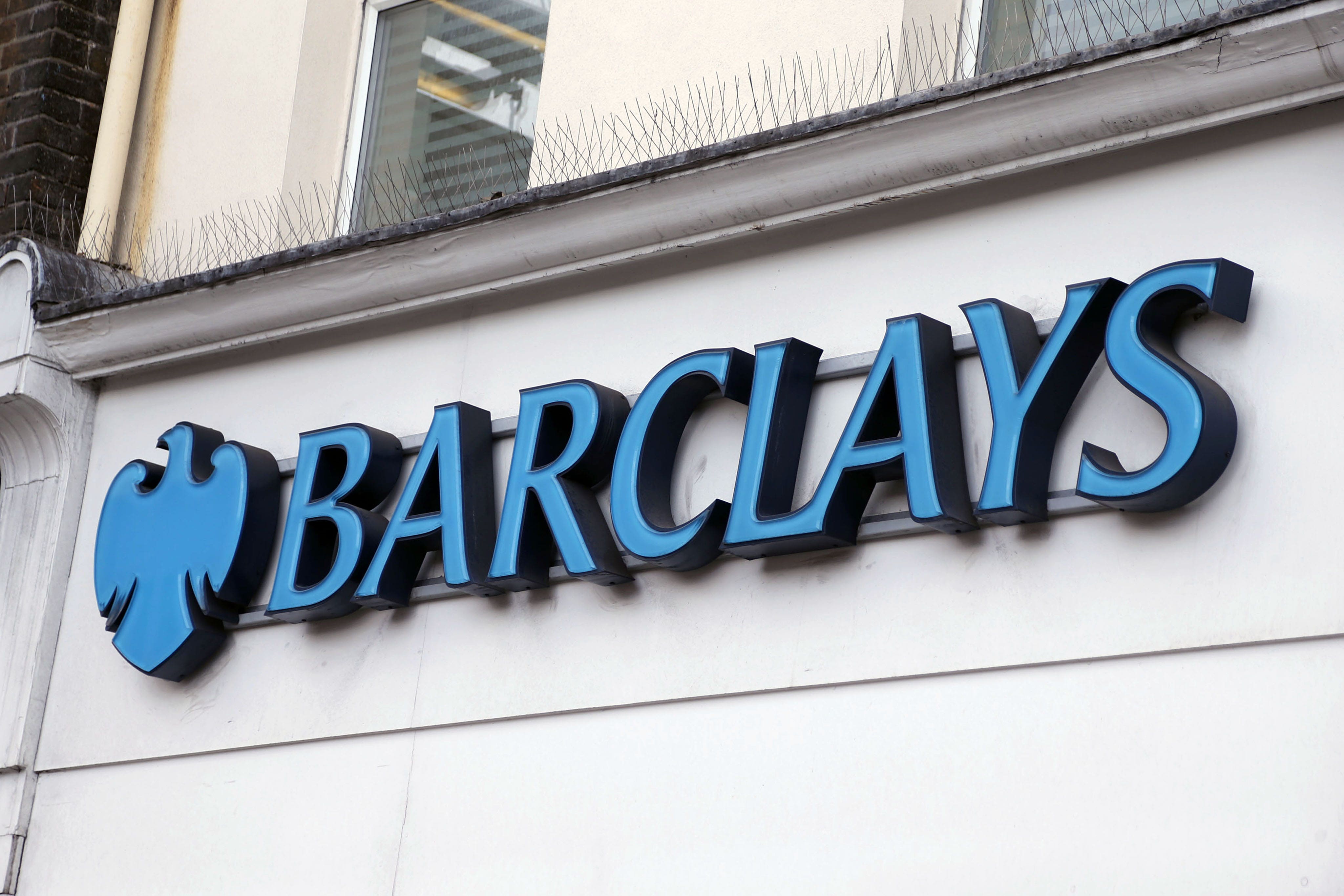Barclays pledges to stop directly financing new oil and gas projects
The bank has published a revised version of its Climate Change Statement as it pledged to focus capital on supporting energy companies to decarbonise.

Barclays has promised to stop directly financing energy clients’ new oil and gas projects as part of updates to its climate change strategy.
The bank on Friday published a revised version of its Climate Change Statement and released a Transition Finance Framework as it pledged to focus capital on supporting energy companies to decarbonise.
Barclays said it will provide no project finance or other direct finance to energy firms for upstream oil and gas expansion projects or related infrastructure.
We continue to work with our energy clients as they decarbonise and support their efforts to transition in a manner that is just, orderly and addresses energy security
This does not include corporate level financing, which makes up most of the bank’s financing to energy clients, who can then chose to use it to fund new projects themselves.
Barclays also said it will introduce restrictions on financing for new and non-diversified oil and gas clients engaged in expansion, which tend to be smaller companies rather than oil majors.
Its energy clients will be expected to produce transition plans or decarbonisation strategies by January 2025, the bank added.
Other changes include requiring energy clients to have 2030 methane reduction targets, plans to end all routine or non-essential venting and flaring by 2030, and near-term net zero targets for operational emissions aligned with the Paris Agreement by January 2026.
Meanwhile, Barclays said its new Transition Finance Framework aims to help it meet its $1 trillion sustainable and transition finance target by 2030.
The bank argued that investment is needed to support existing assets while clean energy is scaled, adding that it will continue to support an energy sector in transition.
Barclays’ intention to request decarbonisation plans from its oil and gas clients is the right one. But for it to have teeth, the bank must demand clients stop engaging in activities that increase the climate crisis such as oil and gas exploration
The move follows engagement with investors, shareholders, clients, climate experts and civil society groups, including ShareAction, which campaigns for responsible investment, it said.
ShareAction and other campaign groups welcomed the bank’s decision to set some “basic climate tests” for oil and gas clients.
However, the groups said the changes do not go far enough to make significant impact on its fossil fuel financing.
Kelly Shields, campaign manager at ShareAction, said they welcomed “some positive commitments” from Barclays but that the strategy “could have gone so much further”.
“Barclays’ intention to request decarbonisation plans from its oil and gas clients is the right one. But for it to have teeth, the bank must demand clients stop engaging in activities that increase the climate crisis such as oil and gas exploration,” she said.
“Barclays is wrong not to have ruled out financing companies that focus exclusively on fossil fuel extraction. This should include fracking, which is causing so much environmental and social harm and is an activity the bank is heavily exposed to.
Barclays is strongly positioned with our capabilities and experience, global reach and role in the global economy to accelerate the investment needed for real-world decarbonisation, while supporting our energy clients’ transition
“We should expect the banks’ shareholders to hold them to account on this policy and make significant efforts to close the loopholes in this strategy.”
Meanwhile, Zahra Hdidou, senior advisor at ActionAid UK, which supports the poorest women and girls in the world, called the new policies an “improvement” but “only a minor policy tweak”.
“While there are now some limitations on specific projects, their policy would still channel financing to fossil fuel corporations and drive devastating fossil expansion,” she said.
“By itself, this policy hardly makes a dent in the harm suffered by the women, girls and frontline communities in the Global South who bear the disproportionate effects of pollution, land grabs and climate disasters.”
Laura Barlow, Barclays’ group head of sustainability, said: “Addressing climate change is a critical and complex challenge.
“We continue to work with our energy clients as they decarbonise and support their efforts to transition in a manner that is just, orderly and addresses energy security.”
Daniel Hanna, head of sustainable finance at Barclays’ Corporate and Investment Bank, said: “Capital is critical to the energy transition, to decarbonise hard-to-abate sectors for the world to reach net zero emissions and create a resilient economy.
“As the number two ranked clean energy advisor globally by BloombergNEF, Barclays is strongly positioned with our capabilities and experience, global reach and role in the global economy to accelerate the investment needed for real-world decarbonisation, while supporting our energy clients’ transition.”
Barclays, which has frequently come under fire for its fossil fuels financing, made the announcement on the same day it revealed its acquisition of Tesco’s retail banking business.
Bookmark popover
Removed from bookmarks